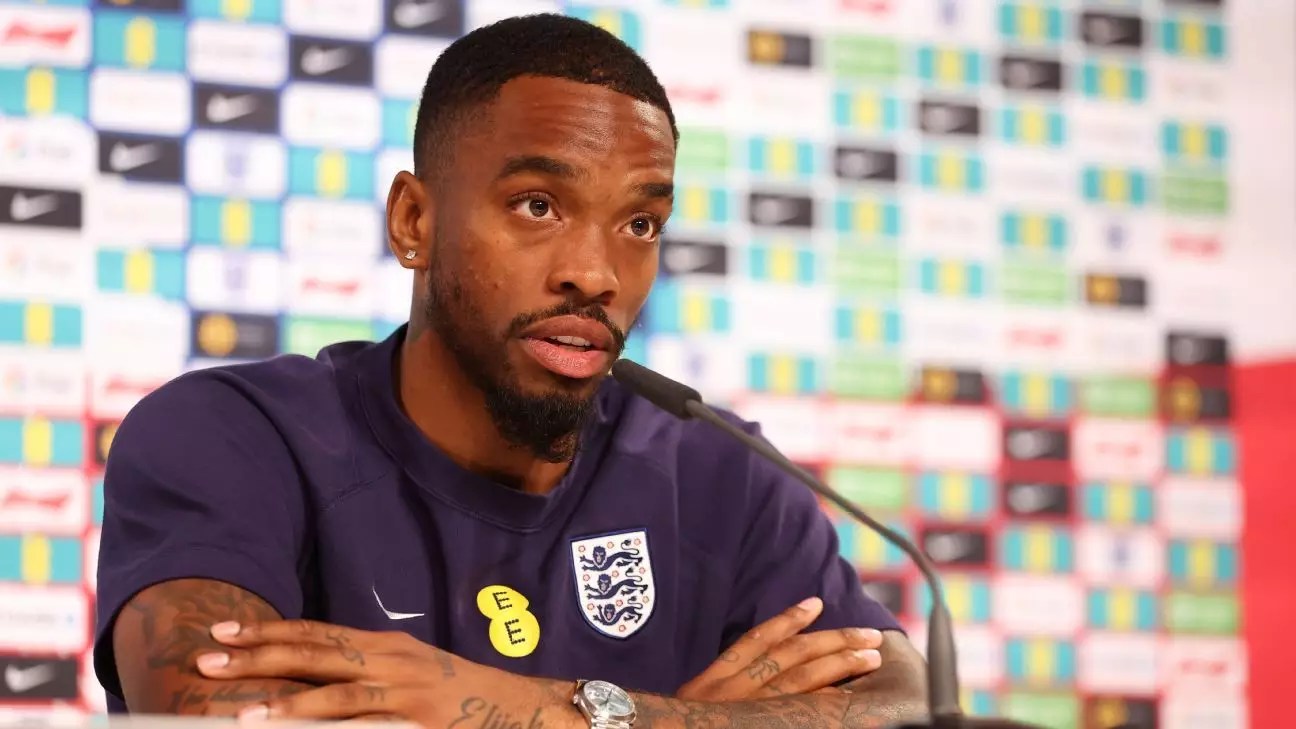In recent years, there have been disturbing cases of racism directed towards soccer players, particularly after missing crucial penalties in high-stakes matches. The experiences of Bukayo Saka, Marcus Rashford, and Jadon Sancho, who were all targeted after failing to convert penalties in the Euro 2020 final, have brought attention to this issue. Despite the traumatic effects of such abuse, players like Ivan Toney have shown resilience and a determination to overcome these challenges if faced with a similar situation.
The Psychological Challenge
The impact of racial abuse on players taking penalties cannot be understated. Manager Gareth Southgate acknowledged the additional layer of difficulty faced by Black players due to the fear of possible repercussions from racist individuals. This psychological burden adds a significant challenge to the already stressful task of penalty-taking, especially in crucial moments of important matches. The pressure to perform while dealing with the fear of racist abuse can have a profound effect on a player’s confidence and mental well-being.
Ivan Toney, known for his exceptional penalty-taking skills, has expressed confidence in his ability to step up and take a penalty without hesitation. Despite the risks of facing racial abuse in the event of a miss, Toney emphasized the importance of courage and self-belief in such situations. He highlighted the support and trust provided by the manager and teammates as crucial factors in maintaining a positive mindset and staying focused on the game.
The issue of online abuse towards players has also come to the forefront, with reports of almost 600 referrals of online abuse towards England players during Euro 2024. Toney himself has been a target of online racial abuse, underscoring the pervasive nature of this problem in the world of soccer. Such incidents not only affect the individuals targeted but also reflect wider societal issues that need to be addressed through education, awareness, and stricter enforcement of consequences for perpetrators.
As England prepares for their upcoming quarterfinal match against Switzerland, the team has been experimenting with different tactical formations in training. The decision to potentially switch from a 4-2-3-1 system to a three-man defence reflects the team’s willingness to adapt and strategize based on the opponents they will face. The inclusion of players like Luke Shaw, who is recovering from injury, adds depth and versatility to the squad as they aim to advance in the tournament.
The impact of racism on penalty shootouts in soccer has far-reaching consequences on players’ mental health, confidence, and performance on the field. Overcoming racial abuse requires resilience, courage, and support from teammates and management. As the soccer community continues to address systemic issues of racism and discrimination, it is essential to create a safe and inclusive environment for players to perform at their best without fear of abuse or prejudice.


Leave a Reply